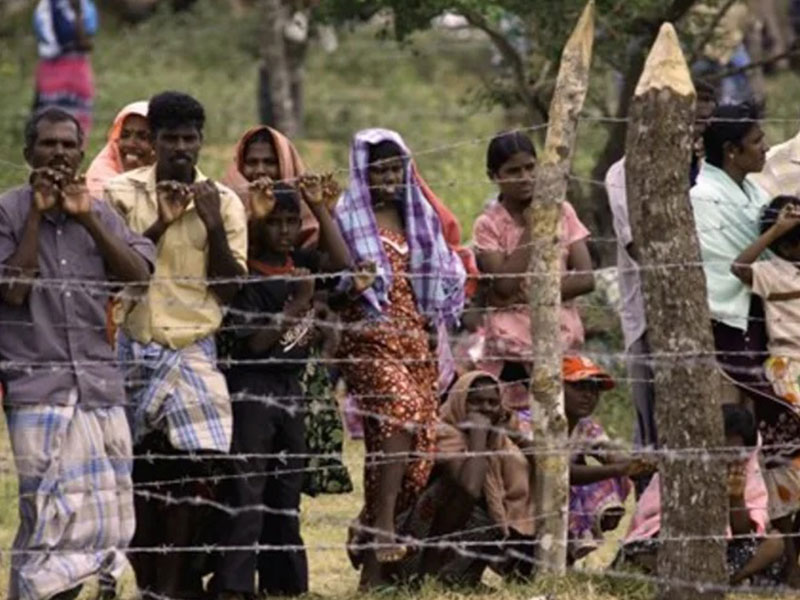In a bid to confront a painful past, Sri Lanka has proposed a Truth, Unity and Reconciliation Commission. But a key provision—granting immunity to those who testify—has ignited a heated debate.
Promising Truth, Seeking Reconciliation:
Proponents hail the move as a chance to break the silence surrounding the decades-long conflict, especially in the North and East. By shielding witnesses from prosecution, the Commission hopes to uncover hidden truths and promote healing among communities deeply divided by violence.
“This is a crucial step towards understanding the past and moving forward together,” says activist Sandhya Liyanage. “People need a space to tell their stories without fear, and only then can we begin to repair the wounds.”
Accountability Concerns :
Critics, however, warn that the immunity clause may hinder justice. “Granting blanket immunity for potential human rights violations sets a dangerous precedent,” argues lawyer Rajith Keerthi. “Victims deserve accountability, and perpetrators shouldn’t walk free simply for coming forward.”
The possibility of the Commission becoming a forum for unsubstantiated allegations and manipulated truths also raises concerns. “Without the threat of legal consequences, there’s a risk of misinformation and bias clouding the search for genuine truth,” cautions journalist Amara Senanayake.
Effectiveness Under Scrutiny:
The Commission’s success hinges on its composition, independence, and transparency. Concerns linger over potential political influence and the challenge of balancing truth-telling with robust safeguards against abuse.
“Building public trust is paramount,” emphasizes academic Professor Ranjan Wijeratne. “The Commission must be seen as a fair and credible platform, ensuring due process and protecting the rights of all involved.”
A Complex Path Forward:
Sri Lanka’s Truth Commission presents a complex balancing act: seeking truth while upholding accountability, and encouraging healing without sacrificing justice. Its journey will be closely watched, not just within the country, but by the international community invested in Sri Lanka’s long-term peace and reconciliation.
Only time will tell whether the Commission ultimately serves as a bridge to healing or stumbles under the weight of conflicting hopes and fears.







